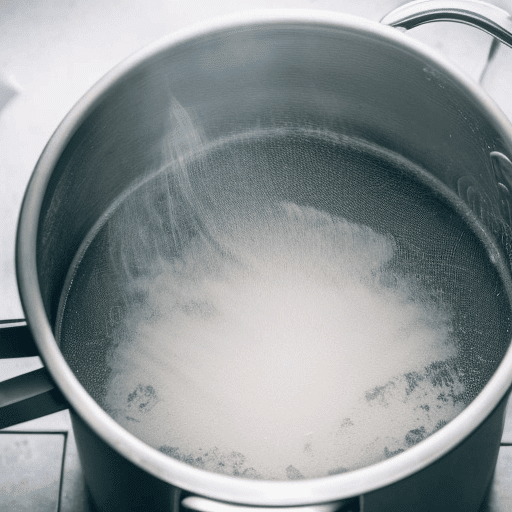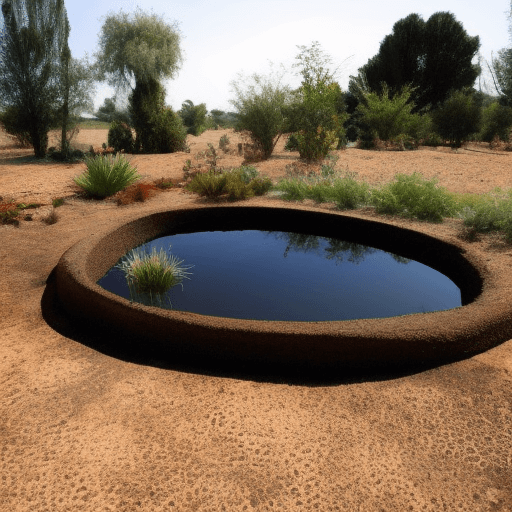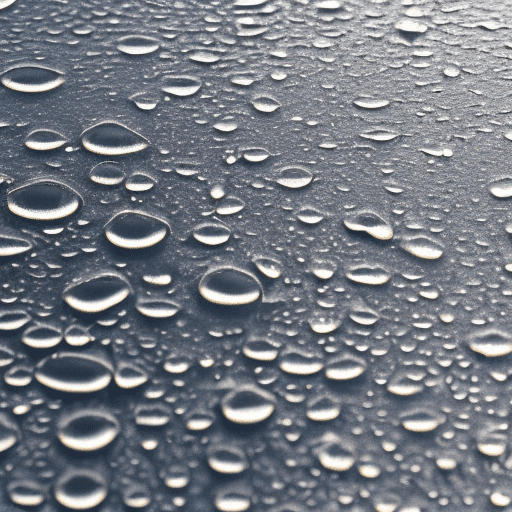What is the difference between boiling and evaporation?
Many people use these two words interchangeably, but they actually have different meanings.
- Boiling is the process of heating a liquid until it reaches its boiling point, at which point bubbles will form and rise to the surface.
- Whereas evaporation is the process of turning a liquid into a gas.
Today we will discuss the difference between these two processes in more detail!

The main difference between boiling and evaporation is that boiling occurs when a liquid is heated to the point where it turns into a gas, whereas evaporation occurs when a liquid turns into a gas due to the surrounding air temperature.
Explain it to a child
The difference between boiling and evaporation is that boiling turns the water around the object into steam, while evaporation only requires the water molecules to have enough energy to escape the surface of the liquid.
What is the difference between boiling and evaporation
Boiling and evaporation are both ways of heating a liquid until it turns into a vapor.
However, there is an important difference between the two processes.
Boiling is a type of vaporization that occurs when the vapor pressure of the liquid is equal to the atmospheric pressure.
This happens when the liquid is heated to its boiling point.
Evaporation, on the other hand, occurs when the vapor pressure of the liquid is greater than the atmospheric pressure.
This can happen even when the liquid is not heated to its boiling point.
As long as there is enough energy to overcome the atmospheric pressure, evaporation will occur. As a result, evaporation can happen at lower temperatures than boiling.
The main difference between boiling and evaporation

The main difference between boiling and evaporation is that boiling involves the water around the object being heated being turned into steam, while evaporation only requires the water molecules to attain enough energy to escape the surface of the liquid.
- This main difference leads to some additional obvious ones, such as that boiling requires a heat source and often a container while evaporation can happen without either of those things, given enough time.
- Additionally, boiling happens much faster than evaporation.
- Boiling can also be used to sterilize objects while evaporation cannot.
- Finally, when water boils it often makes a noise while water that is simply evaporating is silent.
How does evaporation work
Have you ever wondered how a puddle of water or a glass of water slowly disappears over several hours or days?

The process is called evaporation, and it happens when the molecules of a liquid become so energized that they break free from the surface of the liquid and become gas molecules.
While this process can happen at any temperature, it happens more quickly at higher temperatures. That’s why you often see glasses of water with beads of sweat (condensation) on them in the summer.
As the molecules of water on the surface of the glass absorb heat from the air, they become energized and begin to evaporate.
The same process happens with puddles, lakes, and oceans.
The heat from the sun causes water molecules on the surface to evaporate, and as more molecules evaporate, more heat is absorbed, creating a self-sustaining cycle.
Over time, this cycle can lead to significant changes in local weather patterns.
How does boiling work
When you place a pot of water on the stove, the water molecules begin to move faster and faster as they are heated.

Eventually, the water reaches a point where the molecules have so much energy that they can break free of the attraction to their fellow water molecules.
- At this point, the water begins to boil and turn into vapor.
- The heat from the stove provides the energy needed to overcome the attraction between the molecules, and once the water has turned to vapor, it can rise up and out of the pot.
- Boiling is thus a way of adding energy to a substance in order to overcome the attraction between its molecules.
By adding enough heat, you can overcome all of these attractions and cause a substance to change from a liquid to a gas.
Applications of boiling and evaporation
Boiling and evaporation are two processes with a variety of applications.
Boiling is often used to sterilize equipment or to cook food.
Evaporation is used in many industries, including water treatment, food processing, and pharmaceuticals.
Boiling occurs when a liquid reaches its boiling point and turns to vapor. The boiling point of a liquid depends on its pressure. At sea level, water boils at 100 degrees Celsius (212 degrees Fahrenheit).
When sterilizing equipment or cooking food, it is important to maintain a rolling boil for a set period of time to kill any bacteria or pathogens present.
- Evaporation is the process of converting a liquid into a gas.
- When a liquid is heated, its molecules begin to move faster and spread out.
- As the molecules move further apart, they evaporate into the air as vapor.
- If the temperature is high enough, all the molecules in the liquid will evaporate, leaving only the solid container behind.
Evaporation can be used to purify water or remove dissolved solids from a solution. It is also used in many drying processes, such as air-drying clothes or drying fruits and vegetables.
Boiling vs Evaporation – which is better
The process of boiling is a much faster way to remove water from food than evaporation.
Boiling water removes 97% of the water whereas evaporation only removes about 80%.
When food is boiled, the heat energy transfers to the water molecules and breaks the hydrogen bonds that hold the water molecules together.
This makes it easier for the water molecules to escape from the food as vapor.
The vapor then condenses on the lid of the pot and falls back into the water, providing a continuous supply of fresh water vapor to be drawn out of the food.
In contrast, when food is left to evaporate, the water molecules slowly diffuse through the air until eventually they reach the surface and evaporate.
This process is much slower than boiling and results in a loss of flavor as well as nutrients. In conclusion, boiling is a better method than evaporation for removing water from food.
While both processes are ways for water to change from a liquid state to a gas, understanding the main difference between them is key to understanding when each process is happening and what implications that may have.
Article Sources
Jacks of Science sources the most authoritative, trustworthy, and highly recognized institutions for our article research. Learn more about our Editorial Teams process and diligence in verifying the accuracy of every article we publish.
